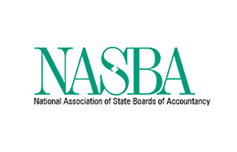
Effective Budgeting and Cost Control
Why Attend
Planning and budgeting are must-have skills for all professionals, regardless of their function or managerial level. This course covers the concept of budgeting as a planning tool, a financial device, and a control mechanism. In addition, it provides the necessary application tools required to make long-term and short-term planning decisions.





